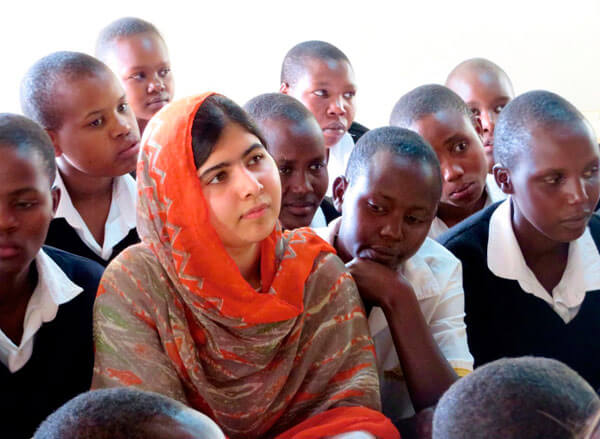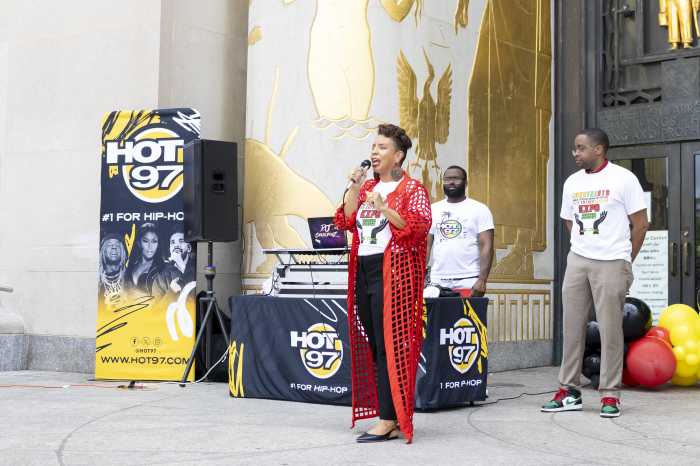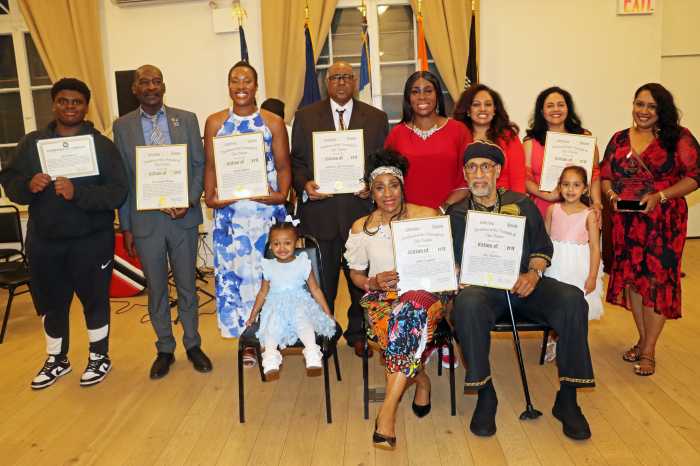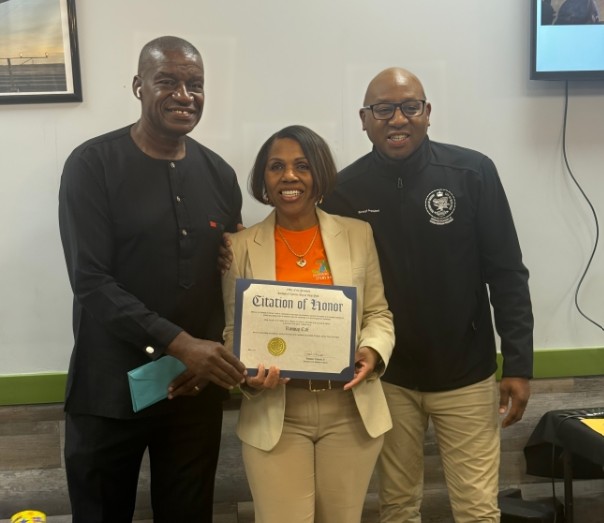“He Named Me Malala”
Excellent (4 stars)
Rated PG-13 for death threats, mature themes and disturbing images
Running time: 87 minutes
Distributor: Fox Searchlight Pictures
Malala Yousafzai was named after a girl who spoke out and was killed for speaking out. That folk hero was a flag-bearing teenager who perished in 1880 while rallying fellow Pashtun resistance fighters to an unlikely victory over British invaders in a pivotal battle of the Second Anglo-Afghan War.
After settling on the very meaningful moniker, Malala’s father inscribed it into his genealogy because no females were mentioned in his family tree stretching back several centuries. Furthermore, Ziauddin Yousafzai resolved to raise his daughter to see herself as the equal of any boy.
While such an approach might be unremarkable in the West, it was downright heretical in the Swat District of Pakistan, a hotbed of Islamic fundamentalism in the late 20th Century. For, over the course of Malala’s formative years, much of the country was being terrorized by the Taliban which had taken to blowing up any schools which had the temerity to admit girls.
In defiance of their militant mullah’s absolute mandate against any female education, Mr. Yousafzai not only allowed his daughter to matriculate, but even spurred her to speak out online as an equal rights advocate blogger. This only served to infuriate Mullah Fazlullah who issued a fatwa against her over the radio, which led to an assassination attempt on a school bus by one of his followers.
Malala, who was just 15 at the time, was lucky to survive the bullet to the brain. While she languished in the hospital unresponsive and attached to tubes, her worried folks had no idea whether their daughter would ever even be able to walk or talk again.
She did eventually emerge from the coma, though deaf in one ear and in need of months and months of rehabilitation just to master simple bodily functions most people take for granted. Initially, she blamed her dad for her plight, since he was the one who’d cultivated her activist streak. “I am a child,” she said, “You are my father. You should have stopped me. What happened to me is because of you.”
But eventually her health was substantially restored, and she became a stoic and serene symbol of resistance to radical Islam. With continued death threats hanging over their heads, the Yousafzai family (including Malalal’s mom and two younger brothers) was forced to resettle in England where she would become a champion of oppressed females all over the planet.
Directed by Oscar-winner Davis Guggenheim (for An Inconvenient Truth), “He Named Me Malala” is an emotionally-engaging biopic chronicling the close father-daughter relationship which enabled Malala to flourish in the midst of sheer intolerance. Their tender interplay is intermittently enhanced by animated interludes which further intensifies the sincere sentiment displayed on screen.
The picture makes an inexorable march to Malala’s emergence as an international icon, culminating in her becoming the youngest person ever to win the Nobel Peace Prize. Pack the Kleenex for this powerful portrait ably illustrating the indomitability of the human spirit.
Easily, the best film of 2015 thus far!


























